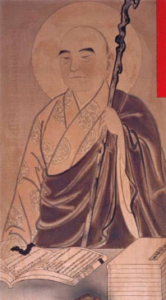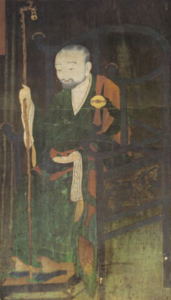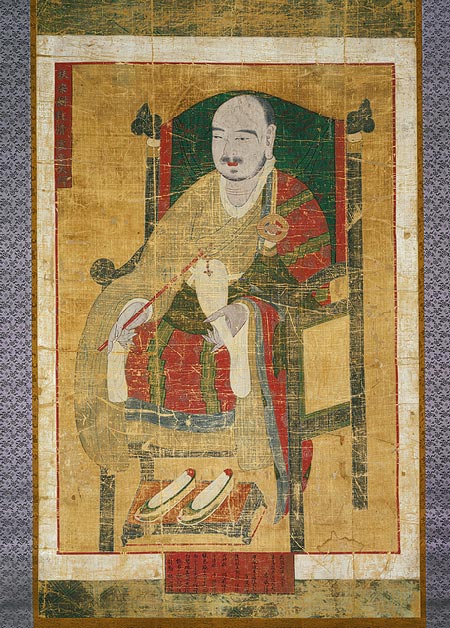The Collected Works of Korean Buddhism is the first comprehensive collection of Korean Buddhist materials ever to appear in a European language. It is sponsored and published by the Jogye Order. The English editorial board consisted of Robert Buswell (chair; UCLA), Charles Muller (University of Tokyo), John Jorgensen (Australia National University), and Roderick Whitfield (SOAS, University of London).
As Robert Buswell’s Preface to the English translation notes, the books of this anthology are drawn from the Han’guk Pulgyo chŏnsŏ 韓國佛教全書and collect the whole panoply of Korean Buddhist writing from the Three Kingdoms period (ca. 57 C.E.‒668) through the Chosŏn dynasty (1392‒1910). These writings include commentaries on scriptures as well as philosophical and disciplinary texts. We hope that the collection will ensure that the writings of Korean Buddhist masters assume their rightful place in the developing English canon of Buddhist materials. We also hope that they will enter the mainstream of academic discourse in Buddhist Studies in the West.
Wonhyo
Wonhyo (617 – April 28, 686) was one of the leading thinkers, writers, and commentators of the Korean Buddhist tradition. As one of the most eminent scholar-monks in Korean history, he was an influential figure in the development of the East Asian Buddhist intellectual and commentarial tradition. His extensive literary output runs to over 80 works in 240 fascicles, and some of his commentaries became classics revered throughout China and Japan as well as Korea.

Chinul
Jinul Puril Bojo Daesa (1158–1210), often called Jinul or Chinul for short, was a Korean monk of the Goryeo period. He is considered to be the most influential figure in the formation of Korean Seon (Zen) Buddhism. He is credited as the founder of the Jogye Order, by working to unify the disparate sects in Korean Buddhism into a cohesive organization.

Hyujeong
Hyujeong (1520-1604) was a Korean Seon master and the author of several important religious texts. He was also a military commander who organized and led a monk army that was critical in defending Joseon Korea against the Japanese invaders in the 1590s.
Like most monks of the Joseon period, Hyujeong was initially educated as a Confucian scholar but was dissatisfied with the curriculum, so he ordained as a Buddhist monk and wandered through the mountain monasteries. In 1552, King Myeongjong appointed Hyujeon as the State Supervisor of Seon and Doctrine Schools of Buddhism.
However, Hyujeon soon resigned from this responsibility returning to the itinerant life dedicated to monastic practices until he was called by the royalties in exile. He then organized a monk army to defend his country at the age of 73. Operating out of monasteries deep in the mountains, Hyujeon’s army was a critical factor in the eventual expulsion of the Japanese invaders in 1593 and again in 1598.
